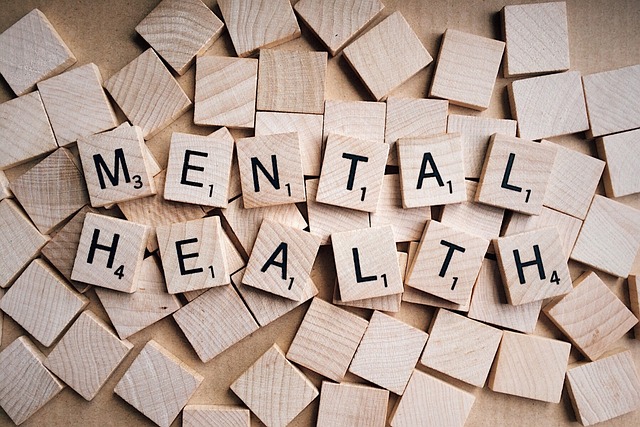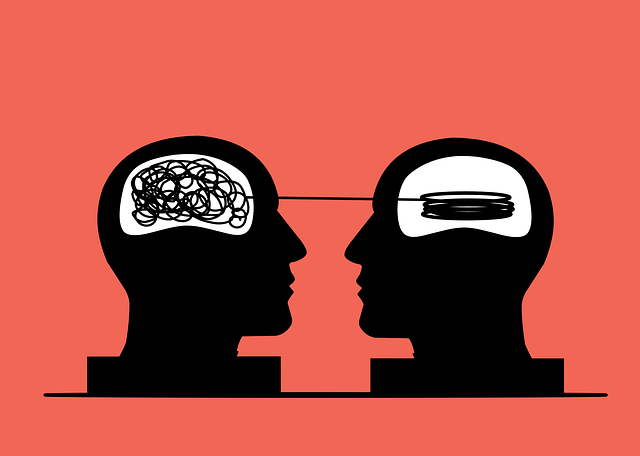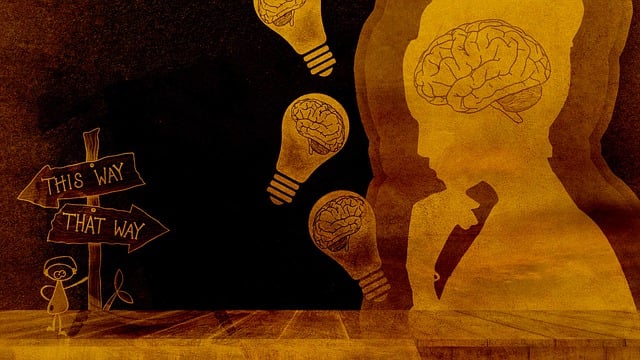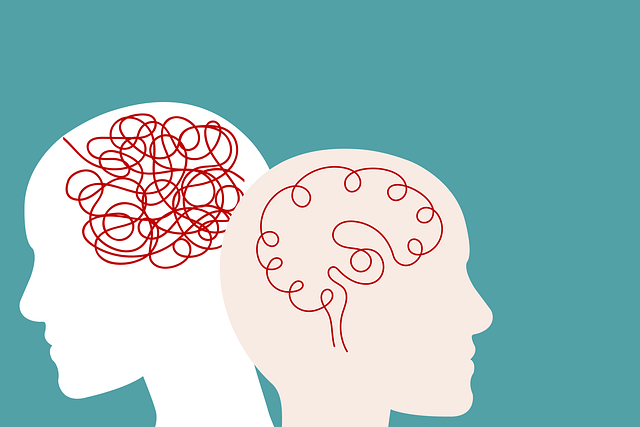Emotional Intelligence (EQ) is a powerful tool for personal growth and mental health support, especially in navigating complex situations like superior cancer issues therapy. By identifying and managing emotions, individuals enhance self-awareness and improve interpersonal relationships. EQ fosters empathy, crucial for tailored patient care in therapy. It also strengthens communication skills, enabling open dialogue about emotional experiences, reducing stigma, and promoting well-being. Resilience, a key EQ component, aids in adapting to challenges through positive thinking and self-care practices. These strategies collectively revolutionize mental healthcare for diverse populations, including those facing superior cancer issues, ultimately enhancing overall well-being.
Emotional intelligence (EI) is a powerful tool for personal growth and superior cancer issues therapy. This article explores key aspects of building EI, from understanding its core principles to practical strategies for managing emotions and enhancing empathy. We delve into improving communication skills, cultivating resilience, and navigating challenges with emotional agility. By mastering these skills, individuals can improve their mental health, strengthen relationships, and achieve better outcomes in cancer care and beyond.
- Understanding Emotional Intelligence: The Key to Unlocking Personal Growth
- Identifying and Managing Your Emotions: A Foundation for Self-Awareness
- Enhancing Empathy: Walking in Others' Shoes for Deeper Connections
- Improving Communication Skills: Bridging the Gap Between Emotions and Actions
- Cultivating Resilience: Navigating Challenges with Emotional Agility
Understanding Emotional Intelligence: The Key to Unlocking Personal Growth

Emotional intelligence (EQ) is a powerful tool that can significantly impact personal growth and overall well-being. It involves recognizing, understanding, and managing one’s own emotions, as well as empathizing with and responding appropriately to the feelings of others. This crucial aspect often sets individuals apart in their interactions and decision-making processes. By fostering EQ, people can enhance their relationships, improve communication, and navigate complex social situations with greater ease.
In today’s fast-paced world, where various cancer issues and mental health challenges are prevalent, superior emotional intelligence can serve as a game-changer. Effective risk management planning for mental health professionals, coupled with public awareness campaigns development, can greatly benefit individuals seeking therapy. Cultural sensitivity in mental healthcare practice is also essential, ensuring that services cater to diverse populations with varying needs. Understanding and nurturing emotional intelligence is, therefore, a vital step towards fostering a healthier society.
Identifying and Managing Your Emotions: A Foundation for Self-Awareness

Identifying and managing your emotions is a crucial step in building emotional intelligence. It involves recognizing your feelings as they arise, understanding their triggers, and learning to respond to them constructively. This process forms the foundation for self-awareness, enabling individuals to navigate complex interpersonal relationships with greater ease. By acknowledging and regulating emotions, you gain insights into your inner world, fostering a deeper connection with yourself and others.
This emotional awareness is essential in addressing superior cancer issues therapy, where managing anxiety relief and cultivating inner strength development play pivotal roles. It helps patients cope with the challenges of their diagnosis and treatment journey, promoting better mental health outcomes. Through mindfulness practices and effective mood management techniques, individuals can enhance their ability to navigate difficult emotions, leading to improved overall well-being during and after cancer therapy.
Enhancing Empathy: Walking in Others' Shoes for Deeper Connections

Enhancing empathy involves a conscious effort to understand and share the feelings of others, which is a cornerstone of emotional intelligence. This skill goes beyond superficial interactions; it encourages us to walk in someone else’s shoes, literally and metaphorically. By adopting this perspective, we gain deeper connections with people from diverse backgrounds and experiences, fostering an environment where mental health education programs can thrive. Empathy serves as a powerful tool in mood management, enabling individuals to respond to others’ emotions with care and compassion rather than reacting impulsively.
In the context of superior cancer issues therapy, empathy plays an integral role in patient support. Healthcare professionals equipped with strong empathy skills can offer more tailored and compassionate care, enhancing the overall well-being of patients navigating this challenging journey. Moreover, promoting empathy building strategies within therapeutic settings empowers patients to develop a deeper understanding of their peers’ experiences, fostering a sense of community and resilience.
Improving Communication Skills: Bridging the Gap Between Emotions and Actions

Emotional intelligence (EQ) plays a pivotal role in enhancing communication skills, which is essential for navigating personal and professional relationships effectively. The link between EQ and successful communication lies in an individual’s ability to recognize, understand, and manage their emotions, as well as those of others. By fostering emotional awareness, individuals can bridge the gap between their emotions and actions, leading to more thoughtful and empathetic interactions.
This is particularly relevant when addressing cancer-related issues, where patients often face unique challenges in communication. Superior cancer therapy involves not just treating the physical condition but also providing support for mental wellness coaching programs that help patients and their families navigate stress management techniques. Public awareness campaigns development can further contribute to this by promoting open dialogue about emotional experiences, thereby reducing stigma and fostering a supportive environment.
Cultivating Resilience: Navigating Challenges with Emotional Agility

Cultivating resilience is a cornerstone of emotional intelligence building, equipping individuals to navigate challenges with agility and grace. In the face of adversity, emotionally intelligent people are better equipped to adapt and bounce back from setbacks. This involves adopting positive thinking as a powerful tool – focusing on solutions rather than problems, and maintaining an optimistic outlook despite difficulties.
By incorporating effective self-care practices into daily routines, individuals enhance their emotional resilience. This can include physical activity, mindfulness exercises, or creative outlets that promote stress reduction and emotional regulation. Moreover, learning conflict resolution techniques enables people to address challenges head-on, fostering healthier relationships and more constructive interactions. These strategies work synergistically to build a superior ability to handle cancer issues and other life challenges, ultimately enhancing overall well-being.
Emotional intelligence is a powerful tool for personal growth and superior cancer issues therapy. By understanding, identifying, and managing our emotions, we can enhance empathy, improve communication, and cultivate resilience. Integrating these strategies into daily life allows us to navigate challenges with emotional agility, fostering deeper connections and improving overall well-being.














